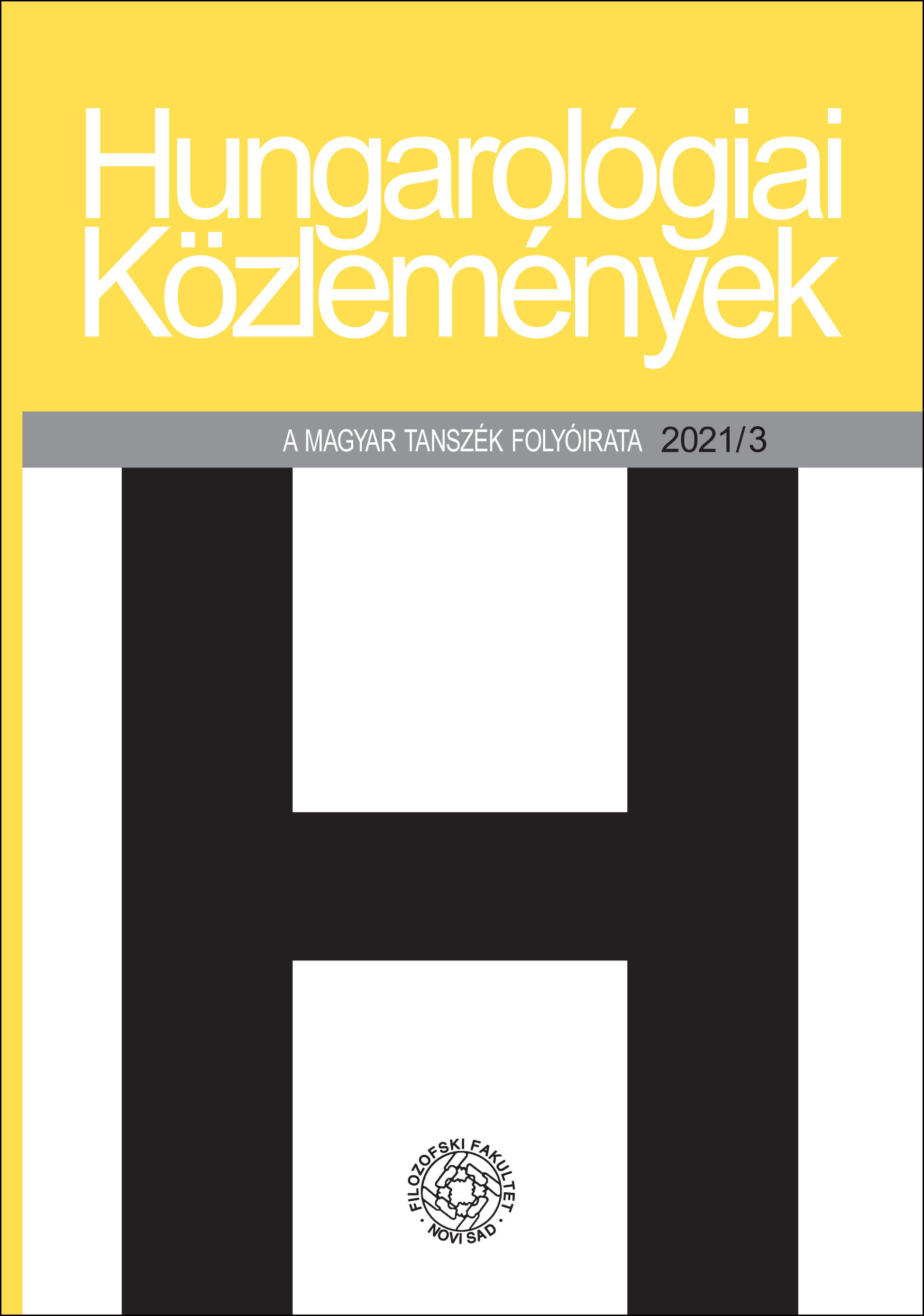Alkalmazott nyelvészet és magyar nyelvtudomány a kisebbségi felsőoktatás gyakorlatában
Applied linguistics and hungarian linguistic sciences in ethnic hungarian minorities’ higher education
Author(s): Orsolya NádorSubject(s): Applied Linguistics, Finno-Ugrian studies, Higher Education
Published by: Филозофски факултет, Универзитет у Новом Саду
Keywords: applied linguistics; Carpathian Basin; higher education; Hungarian linguistic sciences; market-oriented training; document analysis method
Summary/Abstract: One of the basic elements of applied linguistics is usefulness, which means linguistic approach to social phenomena. This approach was already present in Hungarian linguistics for several decades before the regime change, 1989–1990. At the same time, the research possibilities of the Hungarian linguists living in minority environments were much narrower. Their work was mainly determined by descriptive and historical linguistics, dialect research and linguistic purism, while the connexion between the mother tongue and the majority language, or bilingualism and multilingualism, or the prestige of language varieties, language planning and language policy, moreover, development of the mother tongue-based technical language and terminology should have also been a task even then, but in the given social context it was not possible to focus on. Generations of linguists have been nurtured in departments of Hungarian language at universities outside Hungary. The present study focused on the curricula currently in use, the extent to which general and applied linguistics are present in the curricula of the Hungarian language departments, and the extent to which graduates are provided with market-oriented knowledge in countries where Hungarians are ethnic minorities. One of the reasons for asking these questions is that there is a declining interest in philological-type courses, and even students studying in these courses are demanding marketable knowledge – can we meet their expectations? The study seeks to answer this question by document analysis of the available curricula and ubject descriptions.
Journal: Hungarológiai Közlemények
- Issue Year: 22/2021
- Issue No: 3
- Page Range: 48-61
- Page Count: 14
- Language: Hungarian

